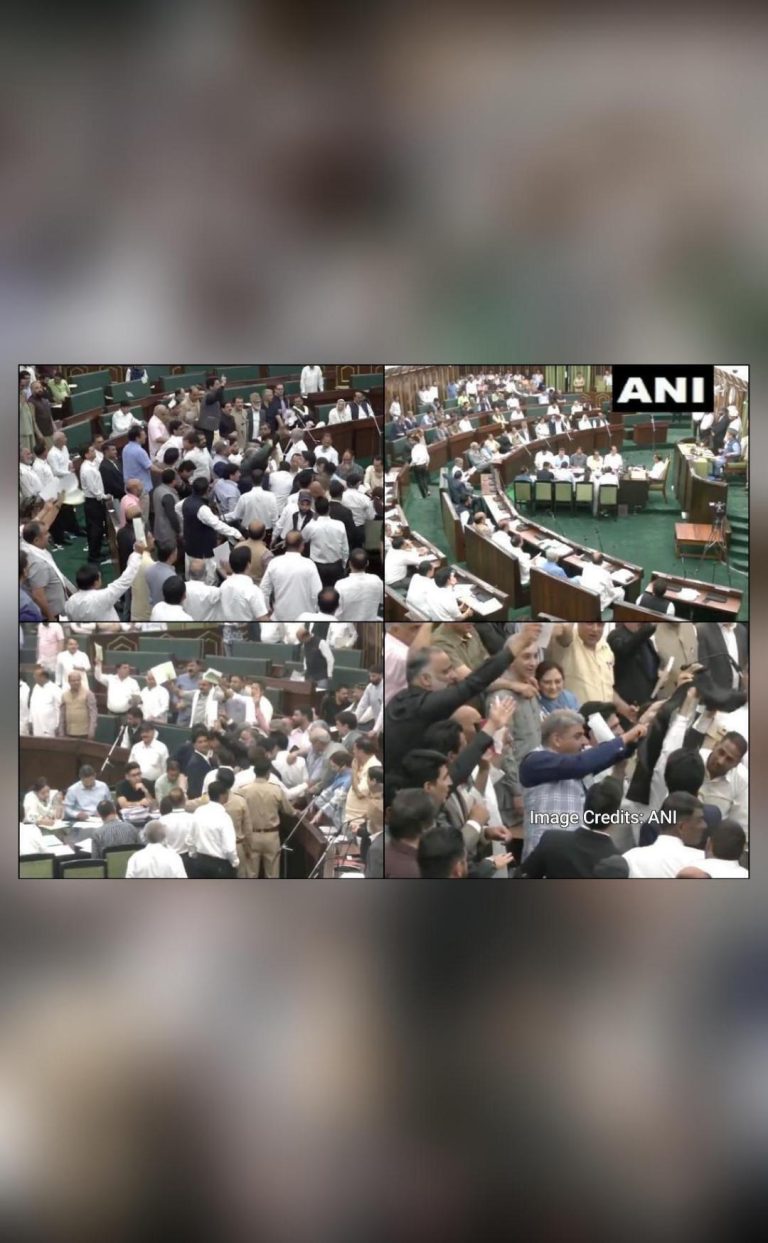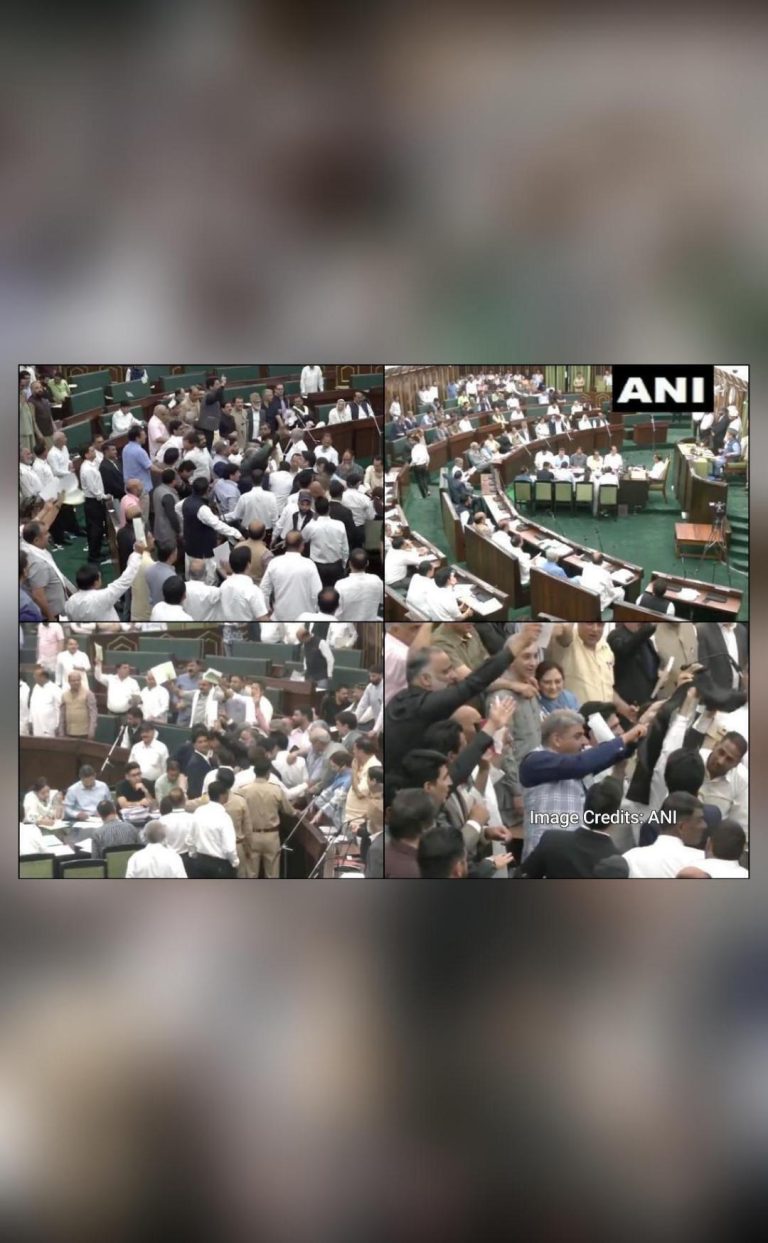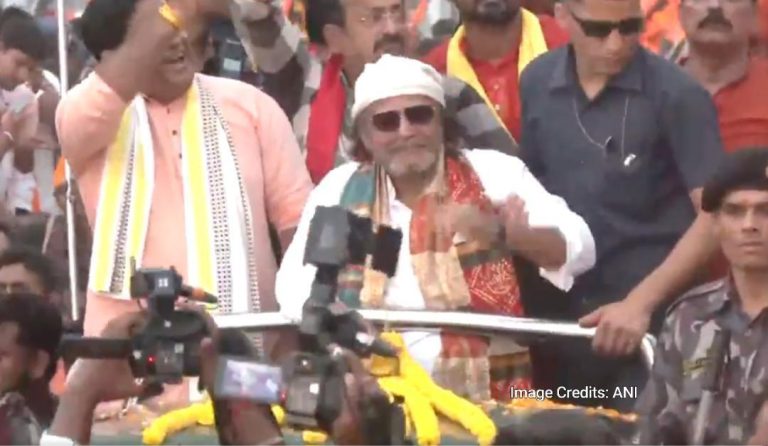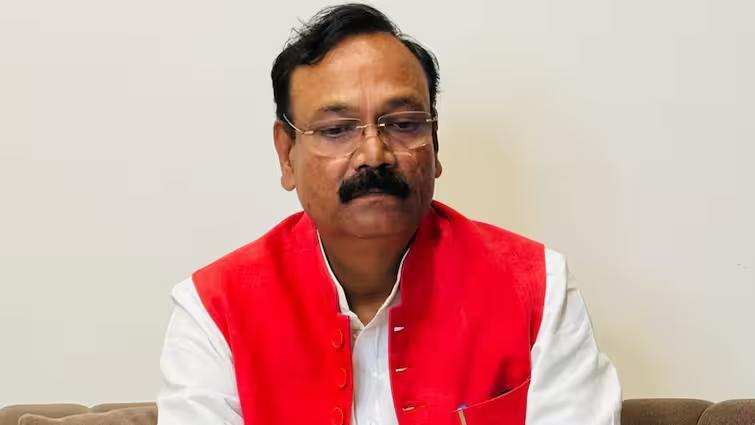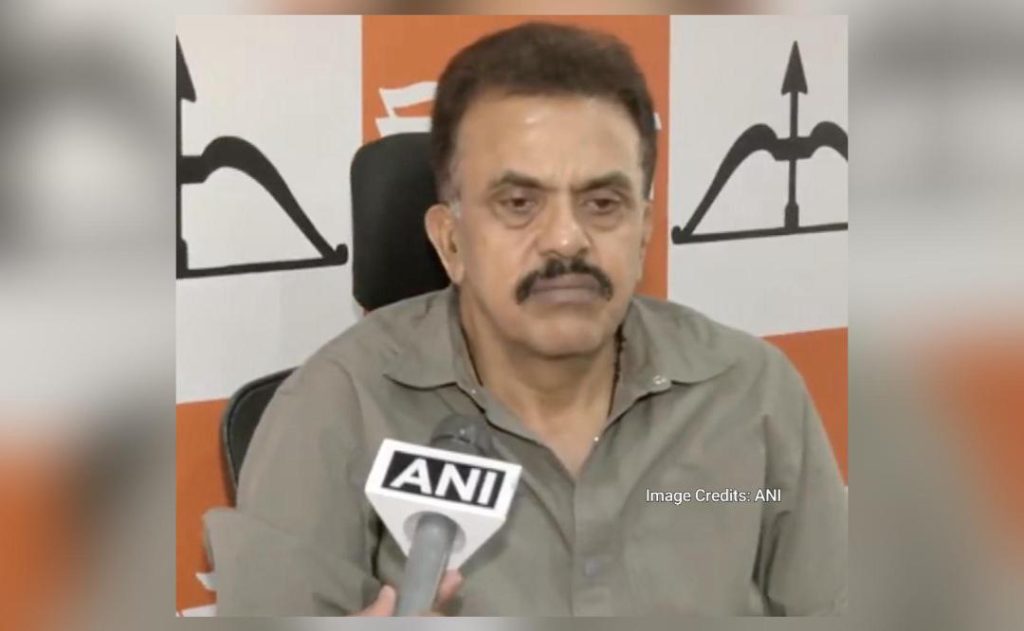
Title: Shut Shawarma Shops on Mumbai Streets During Navratri: Nirupam
Navratri, the nine-day Hindu festival, is just around the corner, and with it comes a flurry of festivities, rituals, and cultural events. While the city of Mumbai is usually bustling with activity, some Shiv Sena leader Sanjay Nirupam has raised concerns about the sale of shawarma and non-vegetarian food on the streets during this sacred period. According to him, the practice hurts Hindu sentiments and needs to be stopped.
Nirupam, a prominent leader of the Shiv Sena party, has urged the Mumbai Police to take action against shawarma stalls and shops selling non-vegetarian food on the streets during Navratri. He believes that the sale of such food items during this period is disrespecting the Hindu community and their beliefs.
“We are going to the police station to request them to shut these stalls and shops during Navratri,” Nirupam said in a statement. His demand is aimed at ensuring that the city’s streets are free from the sale of non-vegetarian food during the festival, which is a significant period for the Hindu community.
However, Nirupam did clarify that his demand only applies to street-side stalls and shops selling non-vegetarian food. He has no objections to people who own “closed restaurants” continuing to serve non-vegetarian food to their customers. This distinction is crucial, as it suggests that Nirupam is not targeting businesses that operate within the confines of a licensed restaurant, but rather those that operate on the streets, often without permits.
This demand has sparked a heated debate in the city, with some people supporting Nirupam’s stance and others condemning it. Some argue that the sale of non-vegetarian food on the streets during Navratri is a commercial activity and should not be restricted. Others believe that Nirupam is trying to impose his religious beliefs on others and that the sale of non-vegetarian food is a personal choice that should be respected.
The debate has also raised questions about the role of the state in regulating religious beliefs and practices. While some argue that the state has a duty to respect and protect the religious beliefs of its citizens, others believe that it should not interfere with commercial activities.
The sale of non-vegetarian food on the streets during Navratri is not a new phenomenon in Mumbai. In fact, it has been a common practice for many years, with many street vendors and food stalls selling a variety of non-vegetarian dishes to hungry customers. However, the controversy surrounding Nirupam’s demand has highlighted the complex and often sensitive nature of religious beliefs and practices in India.
Navratri is a significant period for the Hindu community, and many people observe fasts and follow strict dietary restrictions during this period. For some, the sale of non-vegetarian food on the streets during this period is seen as a disrespect to their beliefs and practices.
In conclusion, the debate surrounding Nirupam’s demand to shut shawarma shops on Mumbai streets during Navratri is a complex one. While some people support his stance, others condemn it as an attempt to impose religious beliefs on others. The controversy highlights the sensitive nature of religious beliefs and practices in India and the need for greater understanding and respect for different cultures and beliefs.
